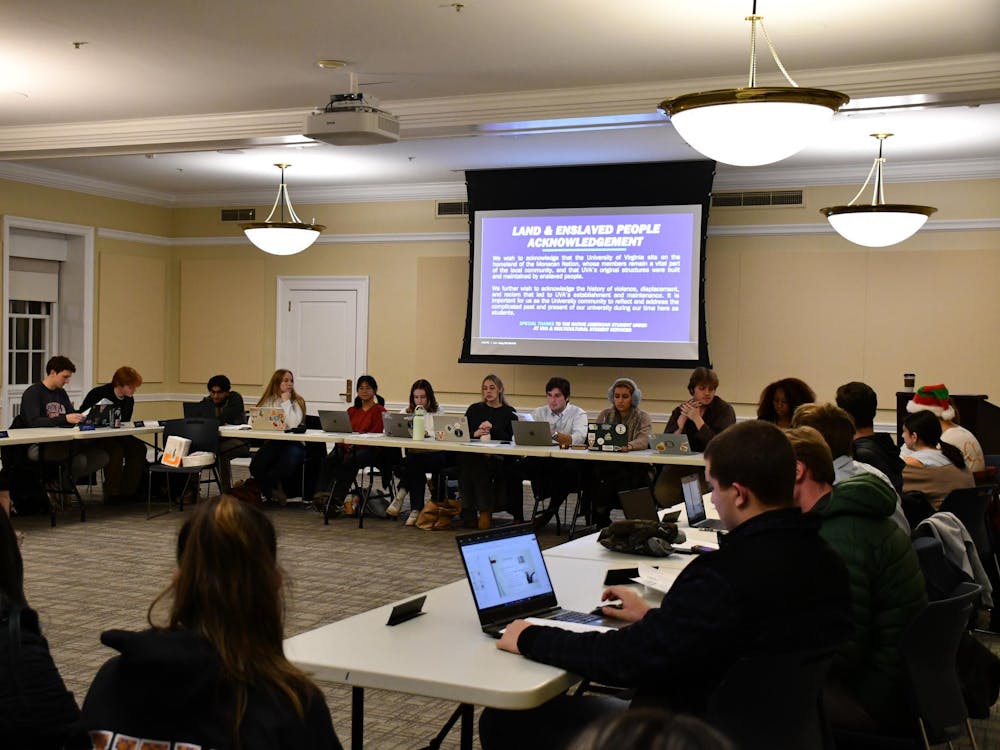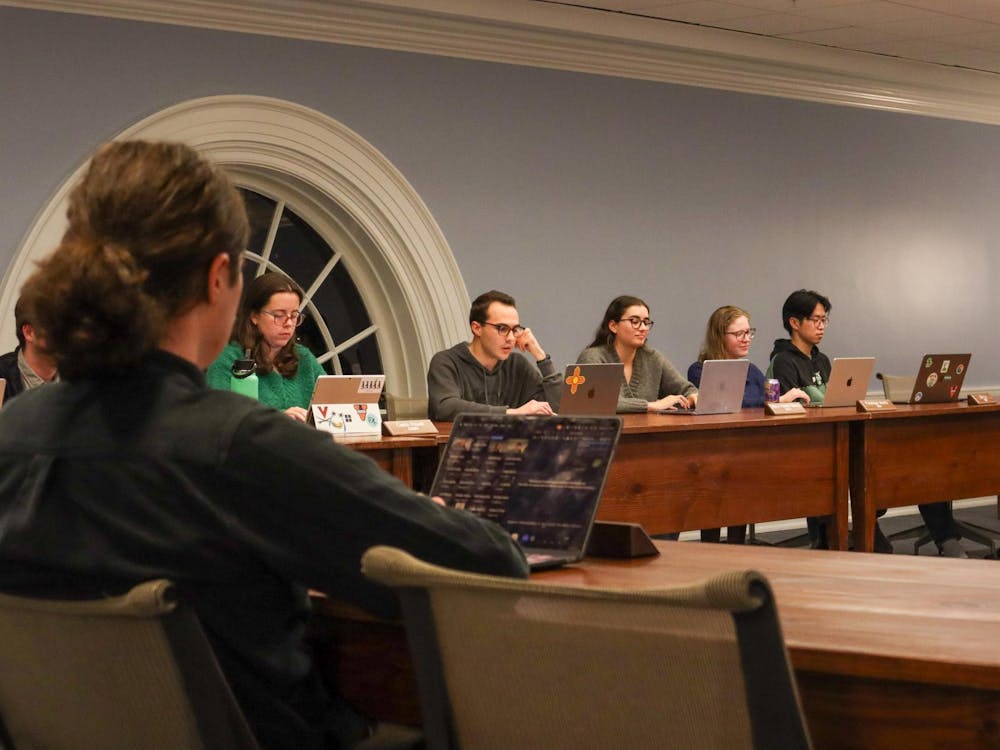The University Judiciary Committee plans to have a system in place by next semester that will allow them to track the number and types of cases that go through the system.
While the Committee kept case files, it did not have a policy for distributing statistics to the public because they rarely received requests for the data.
"When people ask for statistics we give them an estimate for [the cost of] compiling the statistics" and allow them to decide whether or not to gather the data, Committee Chairman Brian Hudak said.
But now, Committee members said they hope a statistical database will allow them to analyze what types of cases go through the system and better educate the community. The Committee will start keeping statistics next semester but does not plan to compile data from past years.
"If we were able to release statistics to the community, people would be able to see what type of sanctions are handed down for different types of violations," College Rep. Jonathan Carr said.
"Our system is educational," Hudak said. This will allow the Judiciary Committee to "more fully and effectively educate our constituents."
The statistical information will include the number of cases that were resolved in hearing panel, the number that went to trial, the percent found guilty and what type of sanction was handed down.
The Honor Committee has been keeping statistics for nearly 10 years now because it is often asked for data, unlike the Judiciary Committee.
"We are sensitive to the concerns many people have about racial bias within the honor system and the statistical records help illustrate the racial/ethnic makeup of students involved in honor cases," Honor Committee Chairman Hunter Ferguson said. "In an effort to provide more information and provide easy access to this information, we placed these data on our Web page."
But unlike the Honor Committee, the UJC does not plan to keep any information on accused students' race.
"We don't feel there's a problem" with racial or gender discrimination in the system, Hudak said. The demographics of students going through the system are "usually right with the University's racial and gender breakdown."
It would be possible for someone to contact accused students and collect racial or gender data, he said.
Even if the UJC compiled racial figures, people still could claim the system was biased because of the complexity of situations and verdicts that occur in UJC cases, Carr said.
"I don't see how keeping case statistics would deter anyone from making that kind of allegation," he said. "We do everything we can to make sure we are impartial"






